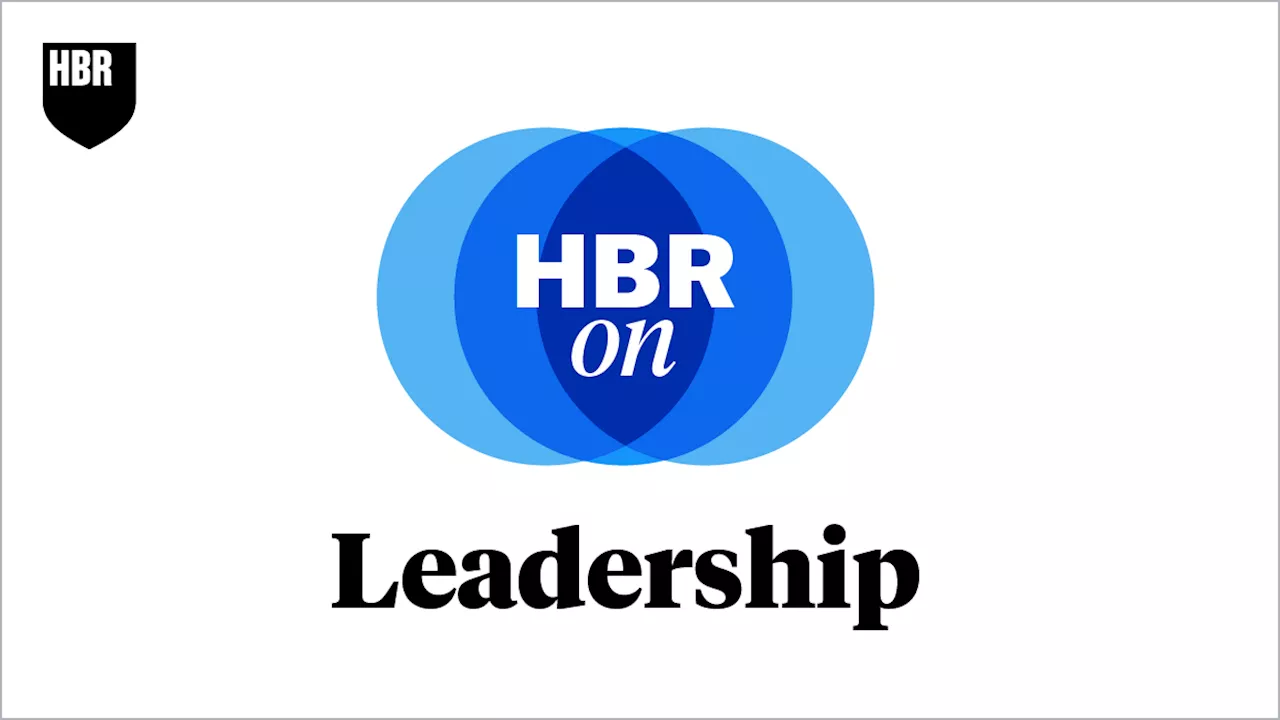This episode of HBR On Leadership features researchers Marcus Buckingham and Ashley Goodall, who argue that focusing on employees' strengths is a more effective approach to development than correcting weaknesses. They discuss how to lead more impactful performance conversations by highlighting what employees do best and how to create a culture that fosters excellence.
argue that many managers invest too much energy in correcting weaknesses. Instead, they encourage leaders to focus on developing employees’ strengths. Buckingham and Goodall are the authors of the book,” In this episode, they explain how to lead more effective conversations about performance by focusing on what your team members do best.
ASHLEY GOODALL: So, I think the first thing to say is yes, and then you have to understand what you get from that. So, if you help people fix their mistakes, you get fewer mistakes. Mistake-free isn’t the same as great, and it’s not the same as excellent. The problem has become we then moved from constant ongoing attention, which is clearly a good thing, into a fetish with feedback on, as Ashley says, stuff that you need remediating on.
ASHLEY GOODALL: And then there are a couple of things even with that -10 to 0 bit that I think are important. So, your example was communication skills, right? If we turn around and say we’ll do it like this, which is what a lot of that sort of feedback looks like, if I were you I would do it like this, or you need to be like this or – what you’re asking somebody to do is to be more like you.
And I think, I want to help my colleague, Ashley, who has not read an audiobook before. So, I jump into the studio and I come out of my first day, and I say, listen, the thing you got to do is you’ve got to think about the fact that you’re reading a very sort of intimate experience, reading a book, and it’s an intimate experience on the receiving end. So, imagine you’re talking to the person who’s the producer like over coffee. And I’m loving my advice, I’m feeling I’m super helpful.
So, from that perspective, we know too that a team leader is not a source of truth about what your weaknesses are or are not whether you have lots of strategic thinking or not. What a team leader owes a team member is their reaction only. And we know that the best sort of reaction is one that allows me to share with you my reaction about something that really worked. That’s what we know. Areas of growth aren’t weaknesses. Areas of growth are strengths.
But Lorne Michaels said he, every day he’d pass him in the hall and he would be dripping with, he hated it, and he’s good at it. So, what do you call that? What do you call something that you’re really, really good at that you hate? Well, it’s weird to call it a strength because it depletes the living daylights out of you.
ASHLEY GOODALL: You know, we talk a lot about leadership, and we talk about the lists of things that leaders have to have. And we want leaders to be well-rounded, and we like them to be strategic and tactical and inspirational and vulnerable, we like all the things on the list. We want them in many ways to be the most well-rounded of the well-rounded people.
And then the last thing is you’re sitting at a particular juncture in an org chart, in an organization, you have a team, there are two jobs and then a third little bit, if you like. The two jobs are, make everybody on the team feel seen for who they are – for their unique strengths, appetites, desires, the things they run towards.
My answer is always the same – have them meet the people who are using the tools and ask those people what they think. Have them meet the people who are having goals cascaded down to them. Have them meet people who are being put into one box of a nine box and told that they lack potential in some way. Have them meet people who have been given a performance rating and been told you are a two on a scale of one through five.
And if you push on potential data, ratings data, 360 feedback data, competency measurement data, all the data that we put into our talent management tools, you push on it even a little bit and you find that it doesn’t hold up, it doesn’t measure what it’s saying it’s measuring. The ratings of performance don’t measure performance. The ratings of competency don’t measure the competency.
And you add more ratings points, data points, because it’s systematic error, you get more error, not less.
ALISON BEARD: Yeah. So, if I’m a manager working in an organization that isn’t going to flip the switch immediately and change how they do everything, what can I do tomorrow to make my team happier, more engaged, more productive?
EMPLOYEE DEVELOPMENT PERFORMANCE MANAGEMENT STRENGTHS FEEDBACK LEADERSHIP
United States Latest News, United States Headlines
Similar News:You can also read news stories similar to this one that we have collected from other news sources.
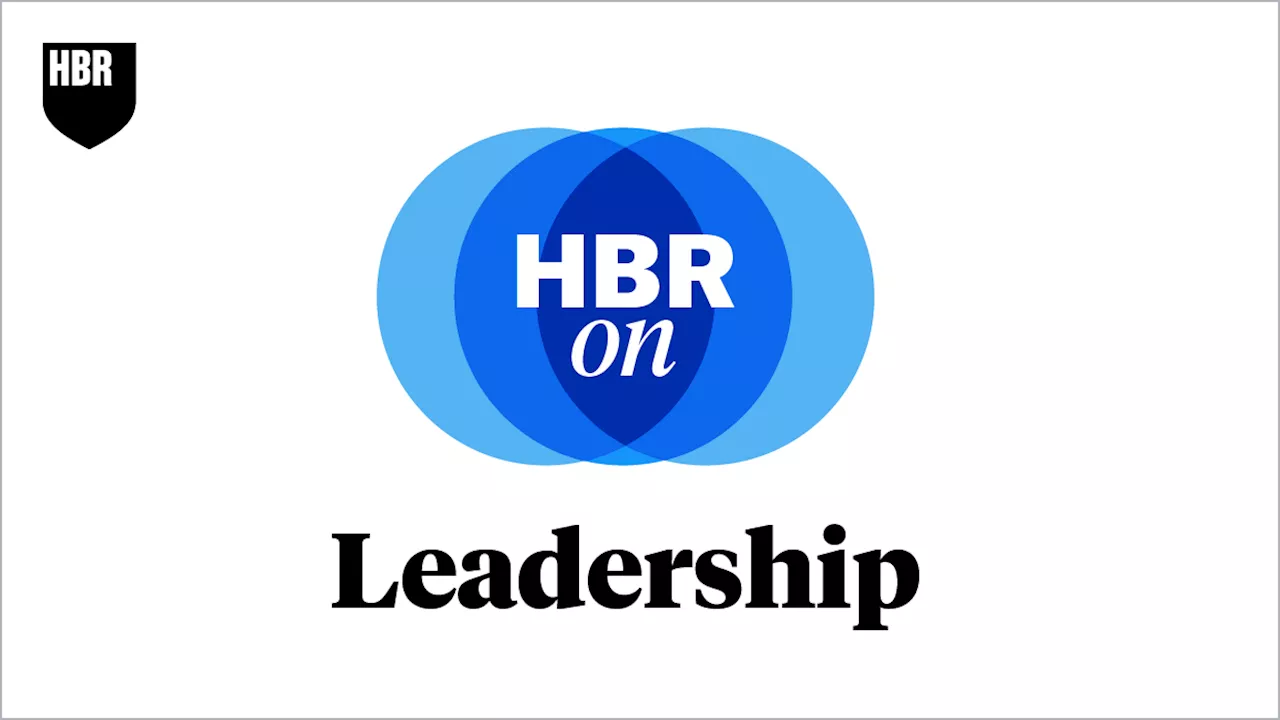 Forget Fixing Weaknesses: Focus on Strengths for Better PerformanceThis HBR On Leadership podcast episode explores the idea that focusing on employee strengths rather than correcting weaknesses leads to better performance. Authors Marcus Buckingham and Ashley Goodall argue against the prevalent feedback culture and propose a new approach to employee development.
Forget Fixing Weaknesses: Focus on Strengths for Better PerformanceThis HBR On Leadership podcast episode explores the idea that focusing on employee strengths rather than correcting weaknesses leads to better performance. Authors Marcus Buckingham and Ashley Goodall argue against the prevalent feedback culture and propose a new approach to employee development.
Read more »
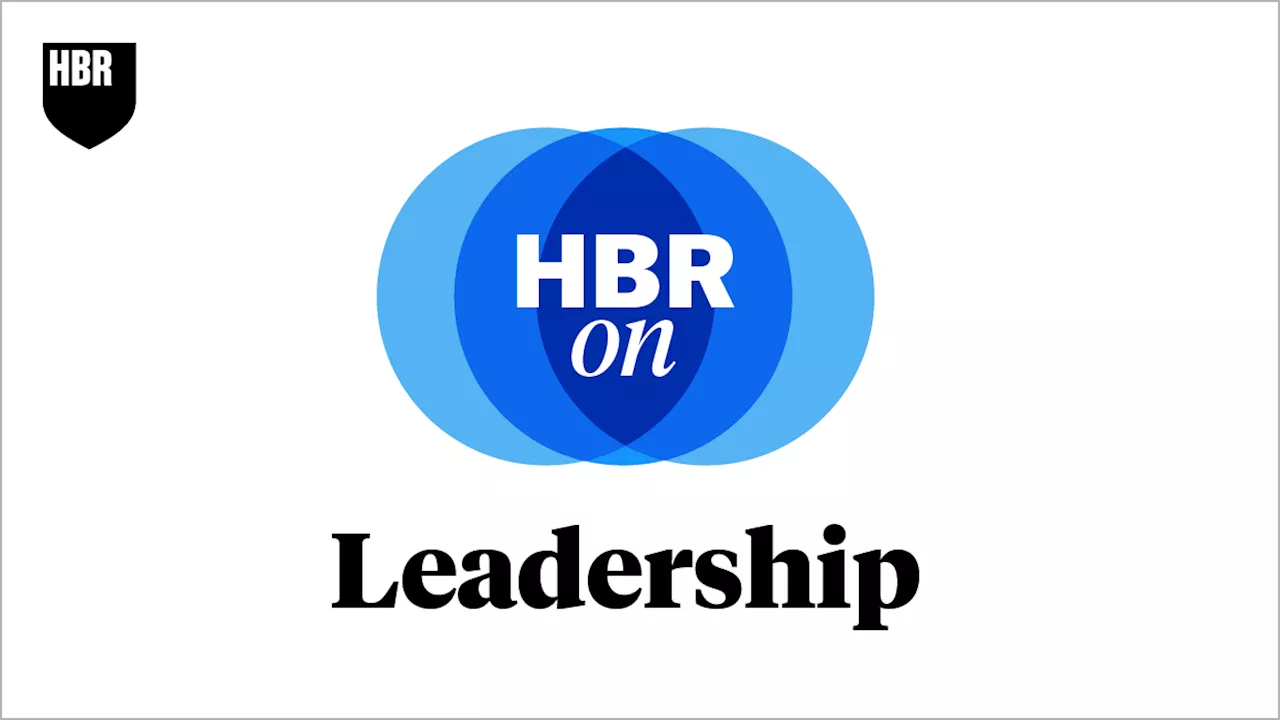 How to Give Your Team the Feedback They Actually NeedFocus on developing their strengths instead of pointing out their weaknesses.
How to Give Your Team the Feedback They Actually NeedFocus on developing their strengths instead of pointing out their weaknesses.
Read more »
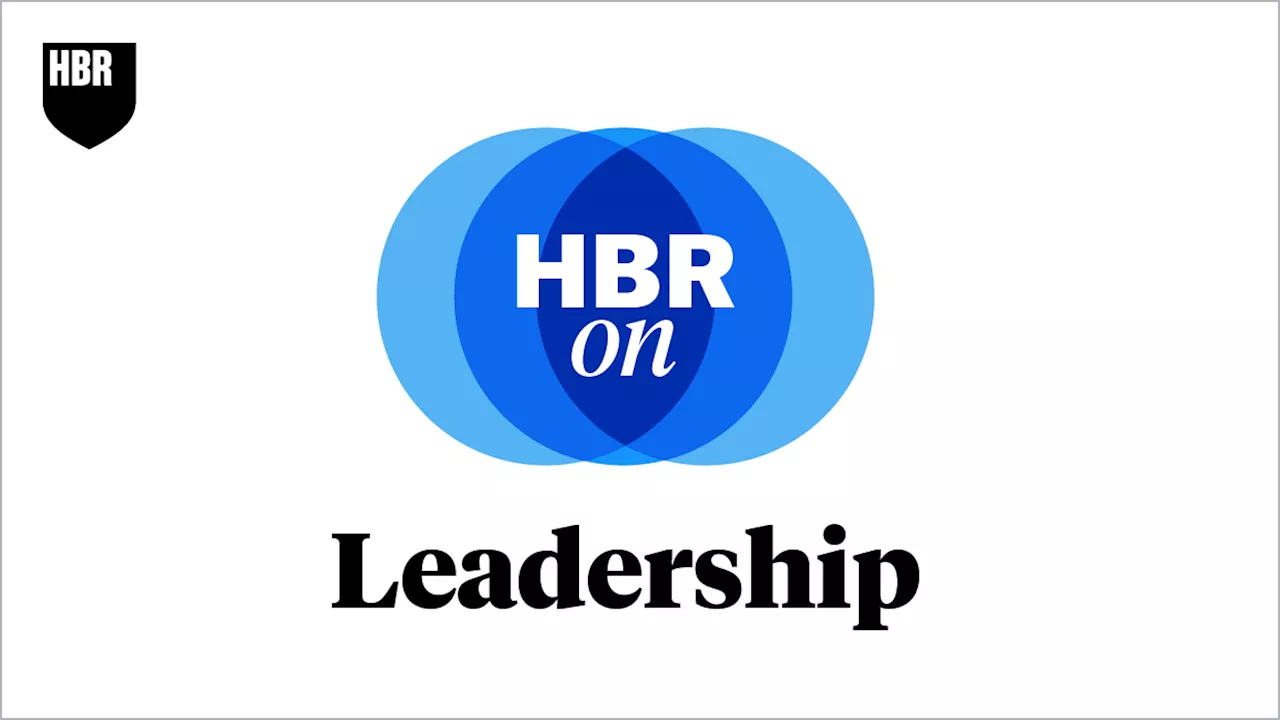 Focusing on Strengths, Not Fixing WeaknessesThis episode discusses how to improve employee performance by focusing on their strengths instead of correcting their weaknesses. Researchers Marcus Buckingham and Ashley Goodall argue that traditional feedback methods often hinder growth and propose a new approach centered on leveraging individual talents.
Focusing on Strengths, Not Fixing WeaknessesThis episode discusses how to improve employee performance by focusing on their strengths instead of correcting their weaknesses. Researchers Marcus Buckingham and Ashley Goodall argue that traditional feedback methods often hinder growth and propose a new approach centered on leveraging individual talents.
Read more »
 Escape the Leadership Trap: Focus on Your Unique StrengthsMany leaders struggle with overwhelming to-do lists and the pressure to constantly work harder. This article, by a former CEO and a former dean of a business school, offers advice on how to break free from this trap by focusing on tasks that only you can excel at.
Escape the Leadership Trap: Focus on Your Unique StrengthsMany leaders struggle with overwhelming to-do lists and the pressure to constantly work harder. This article, by a former CEO and a former dean of a business school, offers advice on how to break free from this trap by focusing on tasks that only you can excel at.
Read more »
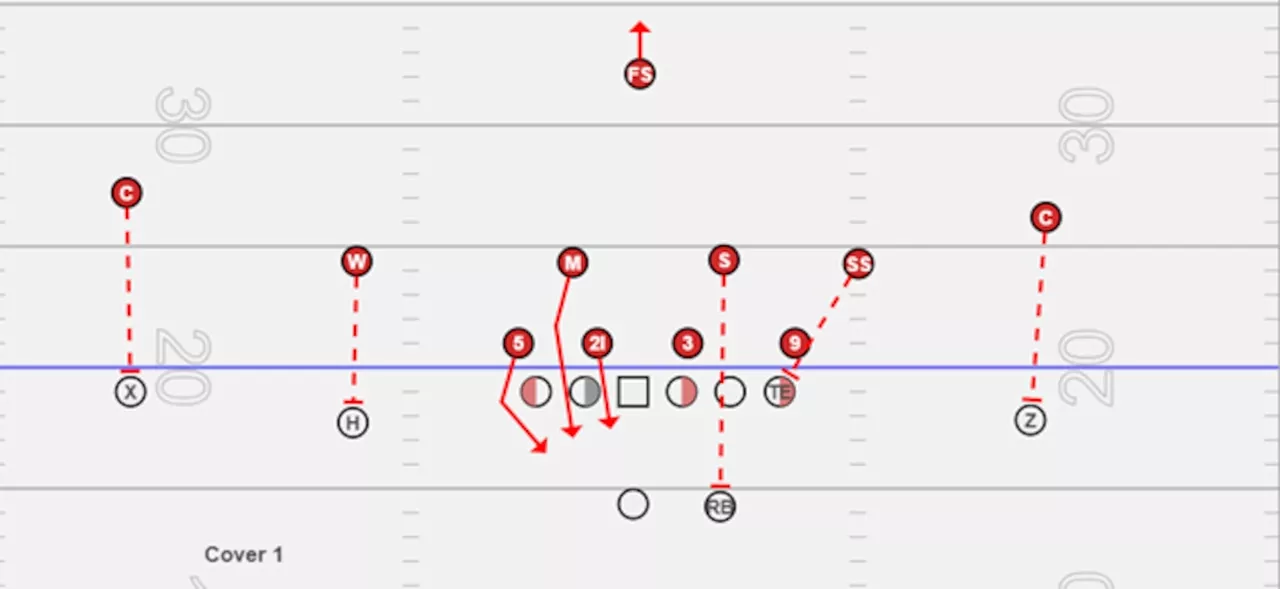 Cover 1 vs. Cover 3: What are the differences, strengths and weaknesses? — Football 101As fans get ready to watch the Eagles and the Chiefs in the Super Bowl on Feb. 9, let's break down the differences between Cover 1 and Cover 3.
Cover 1 vs. Cover 3: What are the differences, strengths and weaknesses? — Football 101As fans get ready to watch the Eagles and the Chiefs in the Super Bowl on Feb. 9, let's break down the differences between Cover 1 and Cover 3.
Read more »
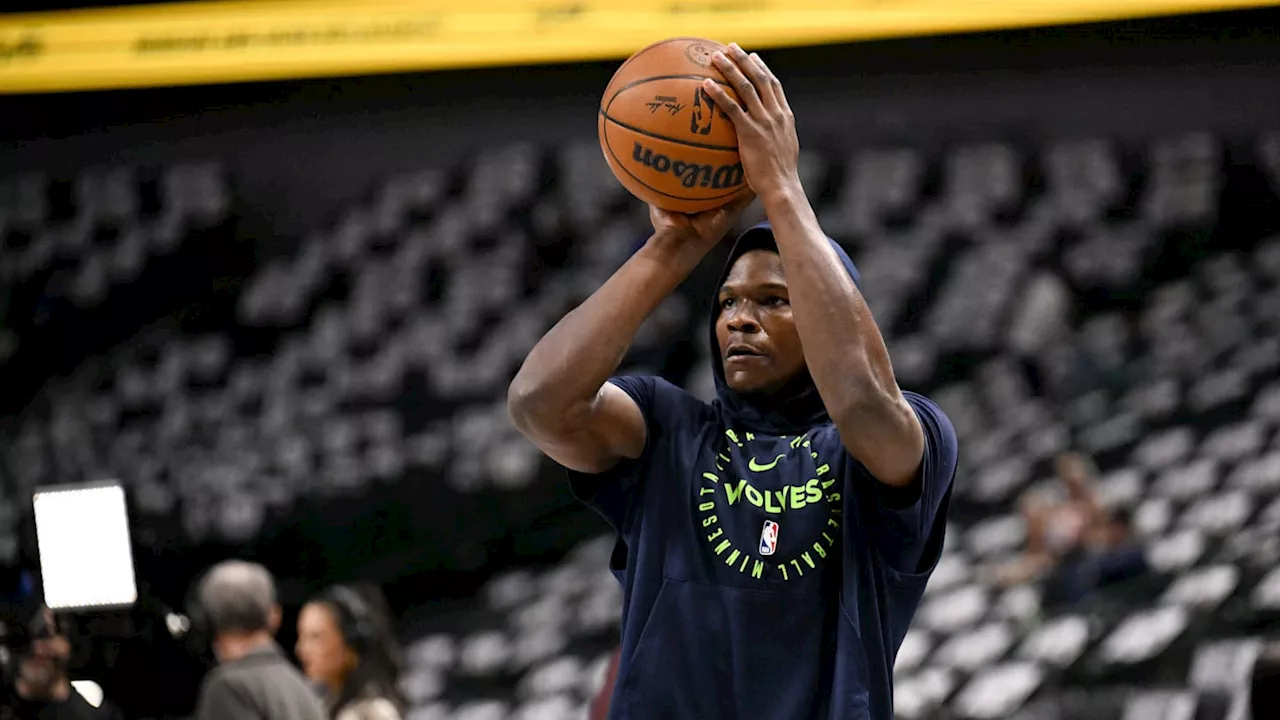 Anthony Edwards Breaks Ex-Teammate's Franchise Record in Timberwolves' Blowout WinAt 23, the guard is rewriting Minnesota's fallow history books.
Anthony Edwards Breaks Ex-Teammate's Franchise Record in Timberwolves' Blowout WinAt 23, the guard is rewriting Minnesota's fallow history books.
Read more »
